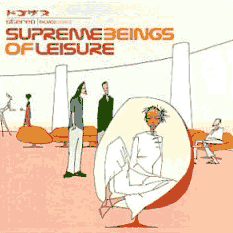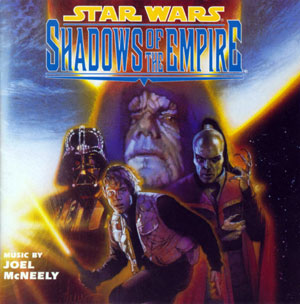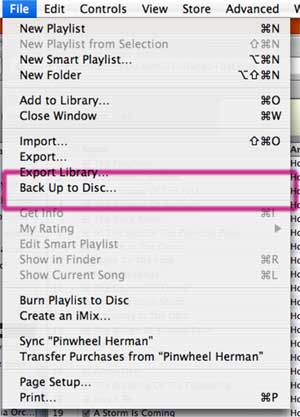Hard to believe, I know, considering that Radiohead recently valted to the top of my last.fm profile and that the band has consistently been in the top 5 in my iTunes library in terms of number of songs, average ratings and total play counts.
But it’s true, I was late to the Radiohead party. For about five years after they band hit with Creep, I was unimpressed. At the time of that song’s release, I didn’t expect to hear much from the band after its popularity died down.
So I was mildly surprised when the group re-emerged with The Bends to favorable buzz. My own opinion hadn’t changed in the intervening years. When Fake Plastic Trees was released as the first single, I renewed my dislike for the band and vowed to continue indignantly ignoring them. I liked that song even less than Creep. That indignation only grew as Radiohead became more popular, as musical popularity tends to be a sign of mediocrity.
You see, I’m pretty open to musical experimentation; I think you’d pretty much have to be to build a library the size of mine. But once I make up my mind, I’m rarely apt to change it. There’s just so much good music, that it’s generally not worth the time to continuously devote the time and effort to re-evaluating things I’ve already passed on. That’s what makes my Radiohead turnaround remarkable; it almost never happens and never to this degree. I’ve been known to soften my criticisms of a band, but I’ve never gone from abject dislike to unchecked adoration like I did with Radiohead.
I credit my transformation with three coinciding factors.
First, it was fall/winter 1997. Radiohead’s popularity had metastasized with the release of OK Computer. The album, of course, had been a runaway success for six months or so, which meant increased exposure to the band’s music. I was intrigued to find that I wasn’t all that offended by Paranoid Android. So my interest was piqued.
At the same time, Dan, a friend and musical compatriot, had been relentlessly imploring me to reconsider my stance.
But what really turned it around for me was the video for Just. I don’t recall exactly where or when I saw it, but that video was so brilliant that it instantly turned me from wary of to excited about Radiohead. It didn’t hurt that the song completely rocks.
I suddenly couldn’t get enough of the band and quickly obtained all their albums plus several singles. I even changed my opinion of Creep (five stars in iTunes), though Fake Plastic Trees still ranks as one of my least favorite songs.
All these years later, I’ve still not seen the band perform live, which I understand is a transcendental experience. To help make up for that though, I’ve collected a fair amount of the band’s music, more than 250 songs and counting in my library, consisting of albums, singles, bootlegs and live recordings. Hopefully one day soon, they’ll swing through my town and I’ll be able to get some tickets…
The video that made me a Radiohead fan:
It’s a continuing mystery what the guys says, but I’m pretty sure it’s "Check it out. Radiohead is playing in that apartment up there."





